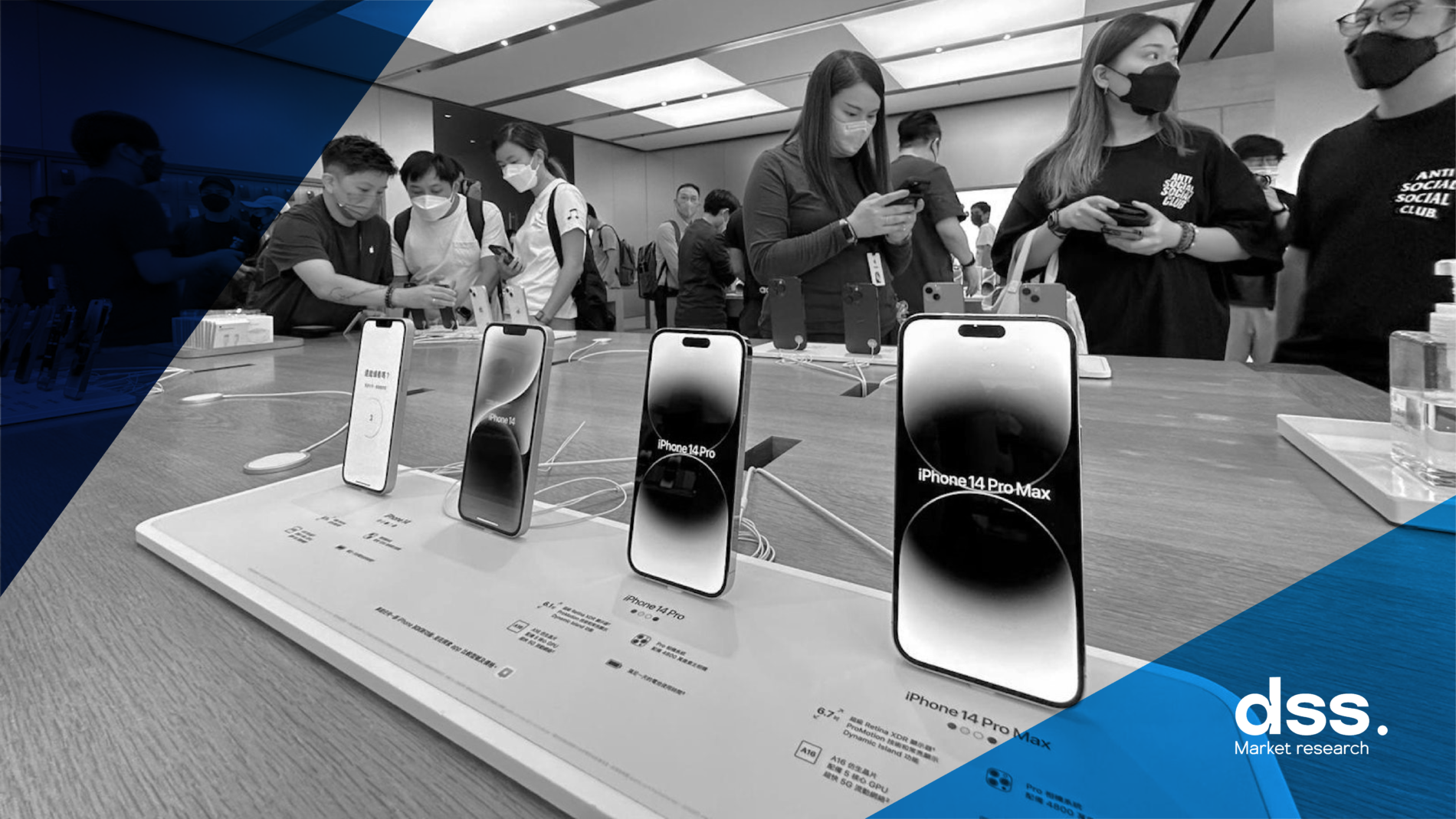In recent years, Iraq has witnessed a significant growth in the number of private schools, sparking widespread discussions about the reasons behind this expansion and its impact on the educational system. This development comes amid the increasing challenges faced by public schools, such as deteriorating infrastructure, overcrowded classrooms, and a lack of educational resources. These issues have pushed many Iraqi families to seek alternatives that offer education aligned with their aspirations for high-quality learning.
On the other hand, opinions about the role of private schools vary. While some view them as a key factor in improving educational quality and meeting growing demands, others argue that they may deepen the gap between social classes, further widening the disparity in educational opportunities. There is also the question of how this expansion affects the state’s role in providing free and comprehensive education, and whether private schools undermine this role or complement it.
Furthermore, topics such as the role of the private sector in funding education and its influence on curricula, as well as the challenges teachers may face when moving between the public and private sectors, are also worth exploring.
The Motives for the Growth of Private Schools in Iraq
Challenges in Public Education: Public schools in Iraq suffer from chronic problems, including insufficient funding, deteriorating infrastructure, and overcrowded classrooms, which negatively impact the quality of education provided. Additionally, the public education system faces a shortage of teaching resources and modern technologies, making it unable to keep pace with global educational advancements. These challenges have led many Iraqi families to seek alternatives that offer suitable learning environments for their children, resulting in a noticeable increase in demand for private schools.
The Pursuit of Better Educational Quality: Private schools in Iraq serve as a haven for families aspiring to provide their children with better quality education. These schools offer modern curricula based on advanced teaching methods, such as interactive learning and the integration of technology in classrooms. This approach enhances students’ academic capabilities and offers them better opportunities to excel in fields of knowledge and science, making private schools an attractive choice for families seeking a distinguished educational future for their children.
Curriculum Flexibility to Meet Modern Needs: Private schools excel in their greater flexibility in adapting and developing their curricula to align with the modern demands of the labour market and society. They place special emphasis on practical skills, such as learning foreign languages, information technology skills, and advancements in modern sciences. This focus on skill-based education helps in preparing a generation capable of competing in both local and global markets.
Focus on Extracurricular Activities and Personal Development: One of the key features of private schools is their attention to developing students’ personal and social skills through extracurricular activities. These activities cover a wide range of fields, including the arts, sports, and volunteering programs, which are essential elements in building a well-rounded and balanced character. Extracurricular activities also enhance students’ ability to adapt to everyday life challenges, fostering leadership and communication skills.
Emphasis on Holistic and Sustainable Education: Many private schools adopt educational strategies that aim to promote sustainable education, which not only focuses on academic curricula but also on creating a learning environment that supports the holistic development of students. These efforts include providing psychological and social support services for students, contributing to improving their academic and personal performance alike.
The Role of Technology in Private Education: Technology has become an integral part of the curricula in private schools, where these institutions invest in modern educational technologies, such as smart boards, online learning, and interactive applications. These technological innovations contribute to the enhancement of the learning process, enabling students to understand academic content in a deeper and more effective way.
Global Trends and Their Impact on Private Education: Thanks to the alignment of Iraqi private schools with global education trends, they are better equipped to adopt internationally recognised standards of quality and academic progress. This openness helps to improve the standard of education in Iraq, making it more competitive compared to neighbouring countries and providing students with better opportunities for higher education in global institutions.
These factors collectively explain the large expansion in the number of private schools in Iraq and their role in shaping a new educational reality that aligns with the aspirations of Iraqi society for progress and development.
The Expansion of Specialised Treatment Centres as Part of the Growth in Private Schools
Alongside the growth of private schools in Iraq, recent years have also seen a significant expansion in specialised treatment centres associated with the education sector, targeting children with special needs, such as those with delayed development, speech issues, autism, Down syndrome, and children who need to learn sign language.
Centres Specialising in Developmental and Speech Delays: These centres play a vital role in supporting children who face difficulties in natural development, whether in physical, mental, or linguistic skills. They offer advanced therapeutic programs that help children overcome these obstacles and develop their abilities in line with their age. Additionally, these centres provide a safe and nurturing environment for the development of the child’s capabilities and improvement of their social and academic interaction.
Sign Language Education Centres for Deaf Children: There has been a growing need for sign language education centres for deaf and hard-of-hearing children to meet their educational and communication needs. These centres offer specialised services to teach children sign language, enabling them to communicate effectively with their social and academic surroundings. This type of education enhances their independence and provides them with better opportunities to participate in society.
Specialised Nurseries for Children: Nurseries play an important role in caring for children while parents are busy with work or daily commitments, providing a safe and nurturing environment for the child’s growth and development. In the nursery, children learn new skills and interact with their peers, helping them develop their social and cognitive abilities. Nurseries give parents peace of mind, knowing their children are in a place that provides the appropriate care and attention, easing their stress and helping them focus on their work.
Centres for Autism and Children with Special Needs: With growing awareness of autism in Iraq, specialised centres have emerged to offer support and care for children with autism. These centres focus on developing communication skills, enhancing social interaction, and improving academic performance for children with autism through comprehensive educational and training programs. Additionally, these centres provide psychological and social support to families, helping them adapt to the specific needs of their children.
The Role of Treatment Centres in Improving Education Quality: Collaboration between treatment centres and private schools forms a crucial element in improving the quality of education for children with special needs. By offering specialised and varied services, these centres help prepare students to face educational challenges, whether by improving speech and communication skills or developing their physical and cognitive abilities.
Overall, this expansion in both treatment and educational centres signals an important shift in Iraqi society’s vision for integrated education and healthcare.
In conclusion, The expansion of private schools in Iraq is a complex educational and social phenomenon that requires in-depth study to understand its implications for both the educational system and society at large. While these schools offer solutions to the challenges faced by public education, such as improving educational quality and providing a modern learning environment, there remain issues that need addressing. Chief among these is the growing gap between public and private education and its impact on social justice and equal educational opportunities.
This expansion also carries economic impacts worth studying, such as the high costs for families, especially those striving to provide better education for their children with limited resources. On the other hand, the spread of private schools could support the private sector and create new job opportunities in education and administration.
It is, therefore, crucial for the government to adopt a comprehensive strategy focusing on developing public schools to make them competitive with their private counterparts. This balance would ensure equal educational opportunities for all groups, contributing to improving the overall level of education in the country, while also promoting social and economic growth.








